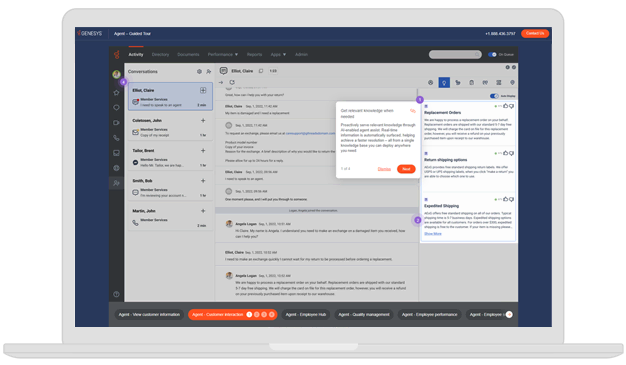Voice over IP (VoIP) is a technology that converts your voice into a digital signal, allowing you to make a call directly from a computer, a VoIP phone or another data-driven device. You can make phone calls anytime, anywhere, using an internet-connected computer, a headset and VoIP.
Voice over Internet Protocol is a technology that allows phone calls to be made over the internet instead of traditional phone lines. With VoIP, analog voice signals are converted into digital data packets, which are then transmitted over the internet to the receiver.
VoIP services can be used to make phone calls from a computer or mobile device, as well as from specialized VoIP phones. Some VoIP services can also integrate with traditional phone lines, allowing calls to be made and received using existing phone numbers.
One of the key benefits of VoIP is that it provides significant cost savings for businesses, particularly for contact centers that handle a large volume of calls. By using VoIP services, contact centers can avoid the high costs associated with traditional phone lines and hardware, and instead use internet-based telephony solutions that are often more cost-effective.
Another benefit of VoIP is that it can offer higher call quality than traditional phone lines. This is because VoIP calls are transmitted over the internet, which can provide better clarity and fewer dropped calls than analog phone lines.
IP telephony is a related term that refers to the use of internet protocols for voice communication. It encompasses both VoIP and other technologies that use IP-based networks to transmit voice signals.
Overall, VoIP is a technology that is becoming increasingly popular in contact centers and other businesses, as it offers cost savings, improved call quality and greater flexibility than traditional phone lines.






